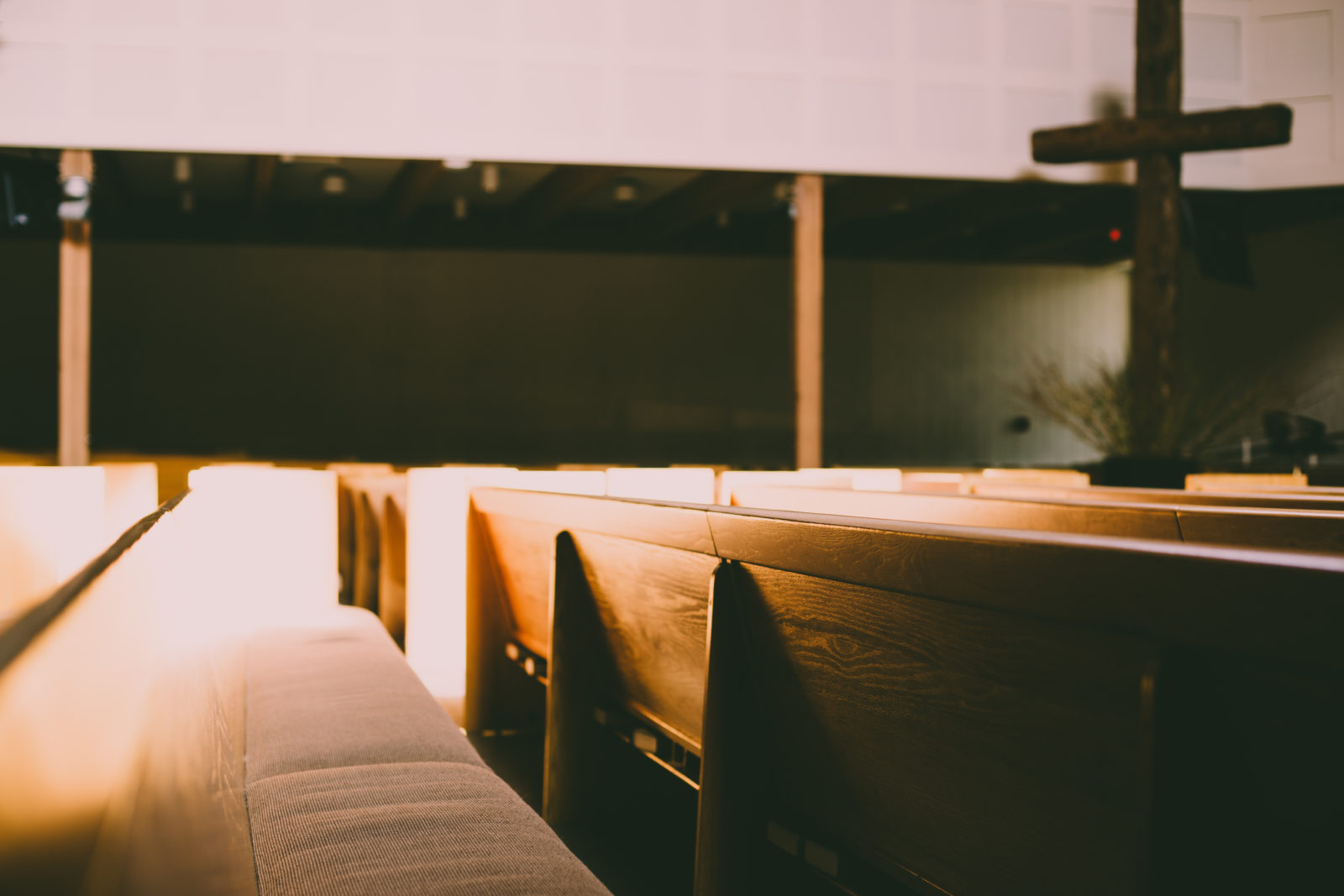
Theological Distinctions
We are Gospel-Centered:
Paul reminded the Corinthians of the gospel he preached to them which was a matter of first importance (1 Corinthians 15:1-3). The gospel is a matter of highest priority! This is what we hope to be true of Second Baptist Church. Our desire is that the good news of Jesus Christ would permeate and saturate every area of our church-life corporately together and our individual personal lives out in the world. We believe the gospel isn’t just for unbelievers, but also what believers need every day.
This has implications for our corporate gatherings. In our preaching and teaching we not only call unbelievers among us to repent and believe the gospel, but we also seek to demonstrate how the good news enables Christians to live the Christian life and empowers us to do so. Our Sunday gatherings focus on the cross and empty tomb in our prayers, singing, and preaching. This also has implications for our personal lives. Being gospel-centered means that we seek to live out the transforming power of the gospel in our lives everyday. It also means that the gospel sends us out into a lost world to proclaim this good news to our neighbors and to the nations.
We Are Baptist:
Second Baptist Church is part of the Southern Baptist Convention. Therefore, we affirm in its entirety the Southern Baptist confessional statement contained in The Baptist Faith & Message (2000). We do give financially to the Cooperative Program and the International Mission Board of the Southern Baptist Convention.
It is our understanding that the ordinances of the church are baptistic in nature. Baptism does not save us, but evidences our union with Christ in his death, burial, and resurrection. Therefore, we practice believer’s baptism by immersion. Christian baptism, in the name of the triune God, is the visual representation with water of the believer’s identification with Christ spiritually.
Also, the Lord’s Supper is celebrated by the believing community of Second Baptist Church once each month. It is a time in which we recognize our bonds within the covenant community of believers who have been brought into fellowship with God and with one another by the work of Christ alone. We believe the Lord’s Supper was instituted by Christ to commemorate his death. In its observance, we declare Christ’s death until he comes again (1 Corinthians 11:26). We do not affirm either of these ordinances as being salvific in nature.
We Are Reformed:
We could define “reformed” in several ways. First, we would link ourselves to the Protestant Reformation of the 16th century and those whom God used to recover the sole authority of Scripture and the nature of the true gospel—that salvation is by grace alone through faith alone in Christ alone.
The word “reformed” also is used most commonly to refer to certain theological distinctives that have marked Reformation believers, particularly those who embrace what have come to be referred to as “the doctrines of grace.”
These reformed distinctives include the sovereignty of God in His creation, providence, and election of believers before the foundation of the world apart from any merit of their own; the particular redemption of all those who believe in him by grace through the definite atonement of Christ; the inability of sinful, fallen, spiritually dead sinners to respond to God’s grace apart from divine intervention; the irresistible grace of God provided for and preceding the faith of the individual; the effectual and gracious call whereby the Spirit irresistibly draws sinners to Christ; and the safe-guarding to the end of all those whom Christ died for eternal life.
We Are Elder-Led:
This concept refers to our form of church governance. We believe that the most clear biblical pattern is for churches to be governed by a plurality of gifted and called men. We have monthly members’ meetings, whereby the congregation is able to interact with and provide input to the elders regarding ministry matters pertaining to the body. Thus, it would be accurate to say that Second Baptist Church exercises congregational involvement under the spiritual care of the elders.
